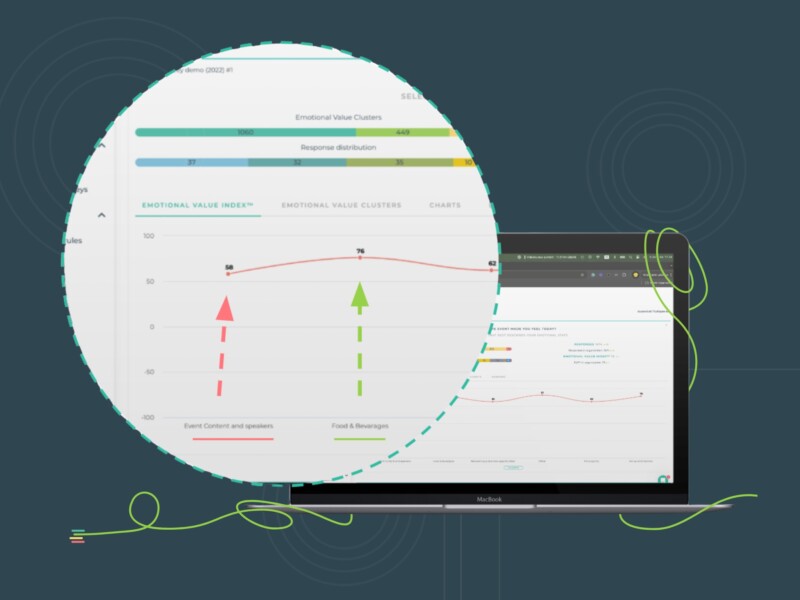As businesses that directly engage with the end user, retail brands cannot ignore the impact of customer experience. Faced with tough competition and demanding customers, they are forced to step up their game or fall behind the market.
Building strong relationships with customers is crucial to your retail brand’s success, and customer experience is your trump card. Here’s why it matters!
The Importance of CX in Retail
The rewards for an impressive customer experience program are manifold. Primarily, it leads to happy and satisfied customers who are more likely to purchase from you again, and that makes all the difference. CX improves customer loyalty and retention rates, increasing your revenue and profits.
Retailers who differentiate their brands through unique customer experiences gain a competitive edge in the market. So, even when the market is flooded with many suppliers, customers will still choose your store because of how it appeals to their emotions and expectations.
Customer experience also strengthens the brand image and enhances the business’s reputation among clients. A store that treats customers with special attention and customization will attract leads easily. Your loyal clients will also recommend the business to others and increase your potential customer base.
Key CX Challenges Faced by Retailers
Curating an impressive CX program for your clients is not easy, especially in the dynamic and evolving retail industry. With the pandemic, we have seen how different external factors alter customer spending behavior significantly. It has also led to the rapid growth of e-commerce stores, increasing competition.
Changing customer expectations and the rise in online shopping have made CX a challenging chore for retail brands. As the customer journey has gotten more complex and consumers use different channels to engage with brands, maintaining consistent experiences throughout all the touchpoints can be a struggle.
The web of touchpoints has also made it difficult for retail brands to collect and analyze feedback which is essential for offering a great customer experience.
Strategies for Improving Retail CX
Despite the wave of challenges, retailers still have a treasure trove of opportunities to drive their brands. One of the best ways to keep your customers satisfied is by personalizing and tailoring the shopping experiences to suit their preferences. It is a token of demonstrating customer intimacy and has proven to be effective in driving repetitive purchases.
The other strategy to adopt is consistent feedback collection. A reliable feedback platform can help you offer a seamless omnichannel experience to your clients. With a tool like Feedbackly, you can monitor, gather, and analyze feedback and take prompt action to fix pain points. It integrates with most platforms to help you share data easily.
Moreover, it is important to ensure that customers enjoy an effortless buying journey. Most customers go through a lot of hassle when trying to exchange or return products. Similar to the shopping process, the return and exchange process needs to be transparent and efficient. Your team of employees is also a defining factor of an impressive buying journey. Empathetic and well-trained customer-facing employees are paramount for a retail brand’s success.
Measuring the Impact of Retail CX
Designing and implementing a great CX program alone isn’t sufficient. It’s important to use the right KPIs and measure the effectiveness of CX on your brand’s growth and success. Feedback through surveys, online reviews, and social media posts can help you get a clear picture of how customers perceive your brand.
EVI ® is one of the best metrics available for retail brands, as emotions are one of the best ways you can determine if your customers are satisfied or not. Most reputed brands in the world sell their products by appealing to customers’ emotions because emotions have the power to create a sense of urgency to buy. Now, has your brand tapped into customers’ emotions? EVI ® can help you figure it out.
Other KPIs like Net Promoter Score, Customer Satisfaction Score, and Customer Effort Score should also be used to identify the quality of the buying journey and customers’ likelihood to stay loyal to your brand. You can also integrate CX data with sales data to identify how positive emotions and experiences lead to bigger purchases and repetitive buying behavior.




